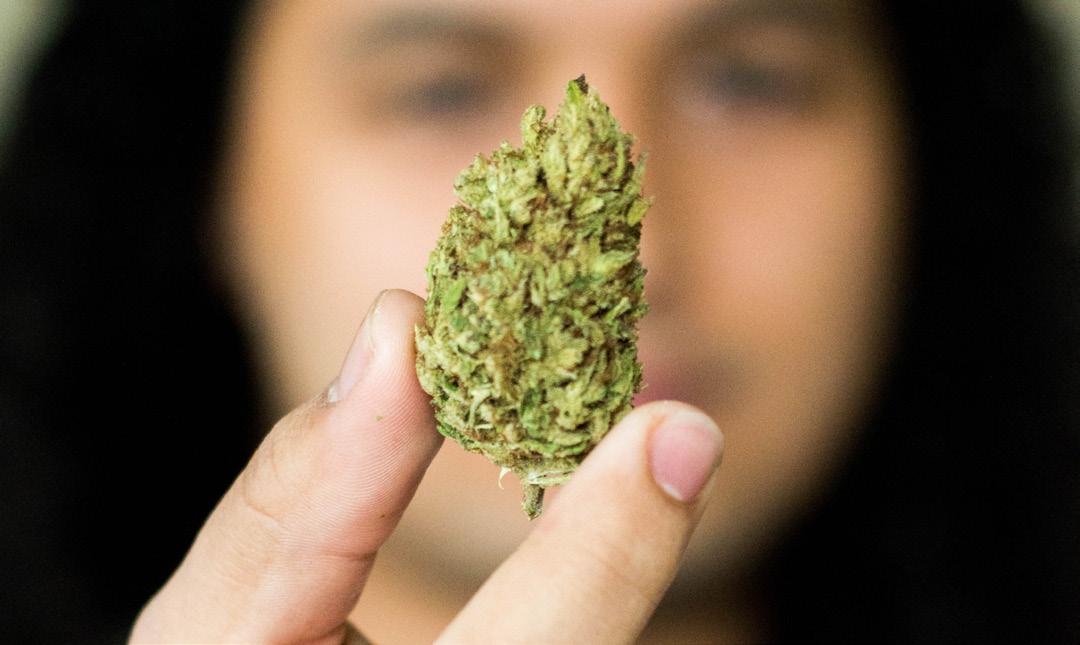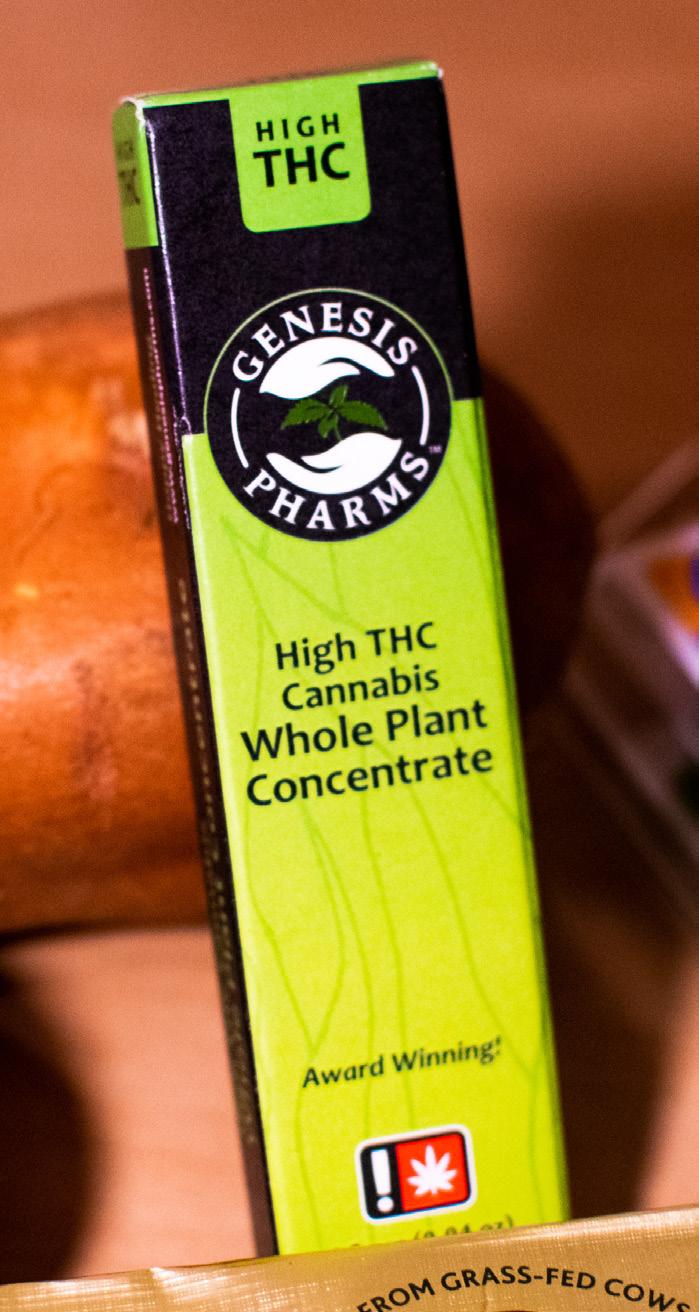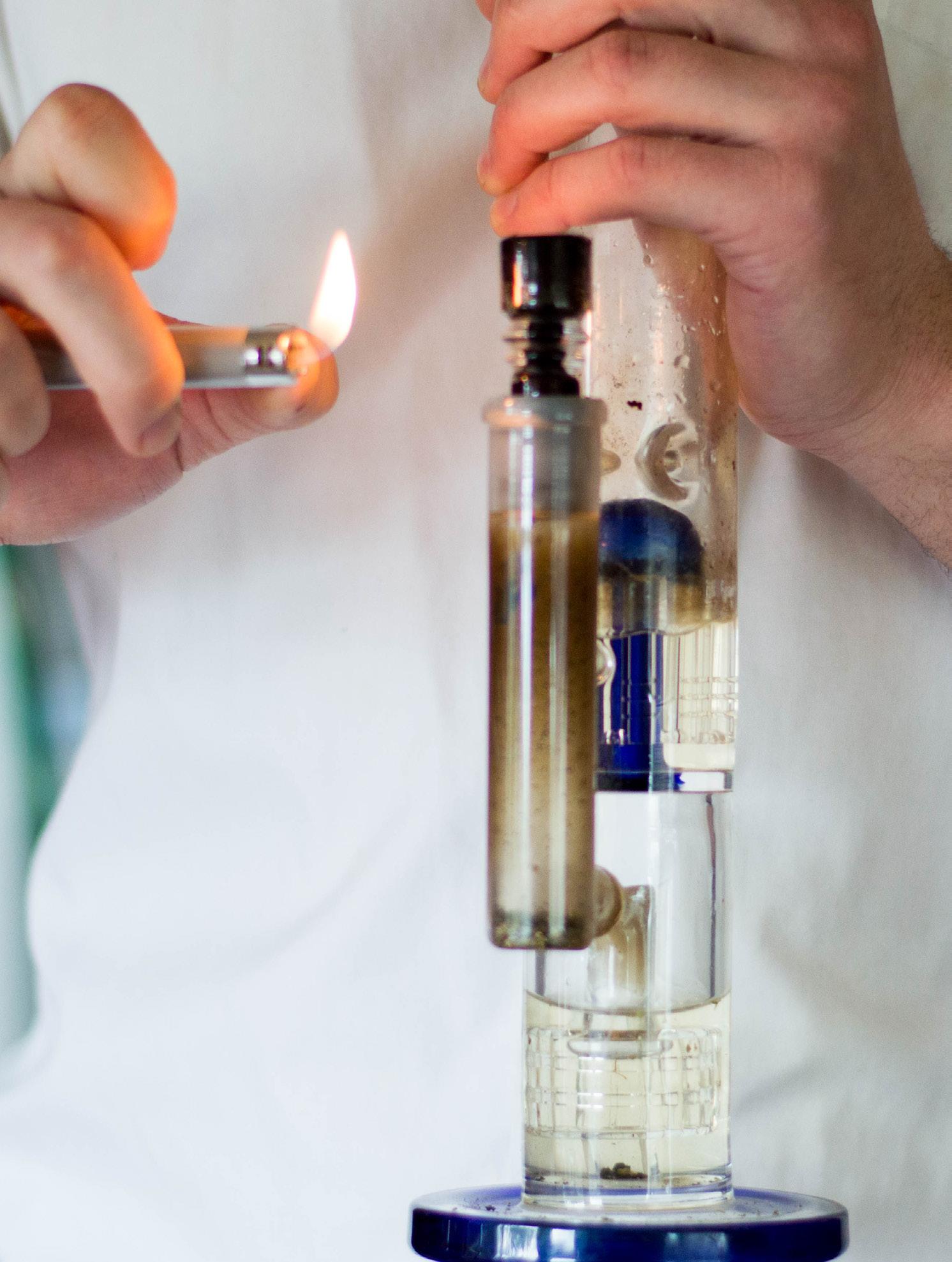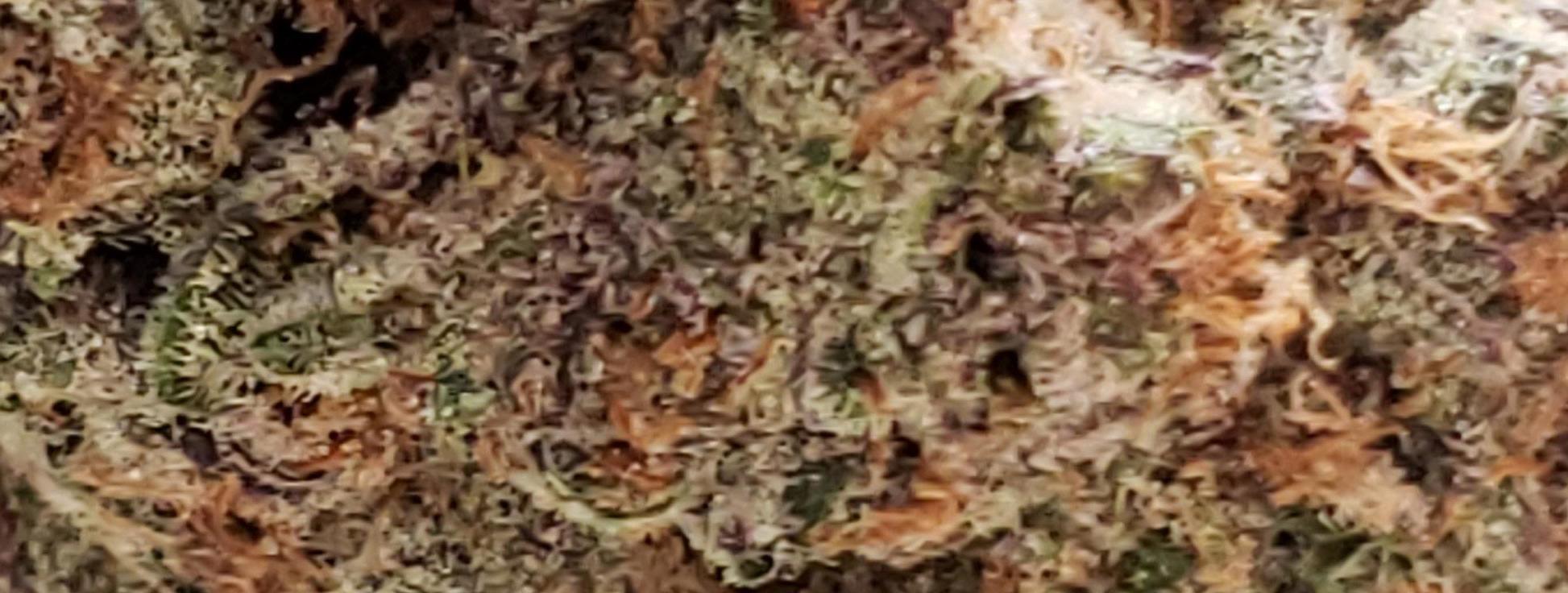
3 minute read
Heat the butter up just enough to be combined
terminated for
member of the Oregon State Bar Cannabis Law Section. She says even after the legalization of recreational cannabis over the last five years, there has been no change to employment law.
“You can use this substance legally, and yet if your employer wants to drug test you for marijuana and terminate you for a positive test, they still may do so,” said Livermore.
Spike Kirumira used to work for the service responsible for cleaning dorms at the University of Oregon. He said he was fired from the seasonal job on the accusation that a coworker saw him smoking weed while the crew was taking a cigarette break. “They just accused me and then let me go,” said Kirumira. “Show me one witness that will tell me I was smoking a joint in front of them while they’re all smoking cigarettes. I’d stand there on my break and talk to people.” toking Written ByEmma Routley Photographed byNina Compeau Federally funded businesses are unlikely to change the current zero tolerance policy system because random drug testing protects them from legal action by the employees they test. Dr. John Hudak, marijuana policy expert at the Brookings Institution stated, “If you accuse someone of being intoxicated at work, and you’re wrong, that could create a tremendous liability for a business, where random drug testing does not. So I don’t think businesses are going to voluntarily, in a large scale, transition away from this zero tolerance policy. I think it would require public policy changes to do that and it’s not going to happen all that much in terms of internal workplace changes.”
Kirumira argued against the accusation, but the issue remains that people like Kirumira live in a legalized marijuana state and yet cannot work or keep federally funded jobs if they consume cannabis products.
“I’m just stuck with other people in a hard place where you need cannabis for medication but you can’t get the job you want because of the weed,” said Kirumira.
Oregonians live in a recreational marijuana state and cannot consume cannabis products without putting their careers at stake. People can be fired for THC present in their bloodstream when they are not impaired on the job, or are not hirable because of THC present in their bloodstream during a pre-screening drug test for potential employment. Businesses that are federally funded have to follow a zero tolerance policy for cannabis, which is still classified as a Schedule 1 drug. There is no current testing system for active cannabis impairment like there is for alcohol, and hemp-derived CBD products are not a reliable substitute to medicate with and still pass a drug test.
Most employers follow a zero tolerance policy—a system that automatically terminates anyone who does not promote and adhere to a drug free workplace. Megan Livermore has been a cannabis attorney since 2014, and is an executive committee
Cannabis is still a Schedule 1 drug, meaning the federal government reports a high risk of abuse and a lack of medical value.. Federally funded businesses, such as the University of Oregon, have to comply with federal laws when it comes to cannabis, and if they don’t exercise a zero tolerance policy then they are likely to lose their funding. A bill has been introduced called the Marijuana 1-to-3 Act of 2019, which would remove marijuana from the Schedule 1 drug category. If marijuana is no longer a Schedule 1 drug, the cannabis industry will be able to expand financially.
“It will change the industry dramatically, to be taxed like all other businesses and to have access to banking services and lending. It will be another seismic shift,” added Livermore. Livermore says the potential for medical insurance coverage for medicinal cannabis is thwarted by the medical establishment






